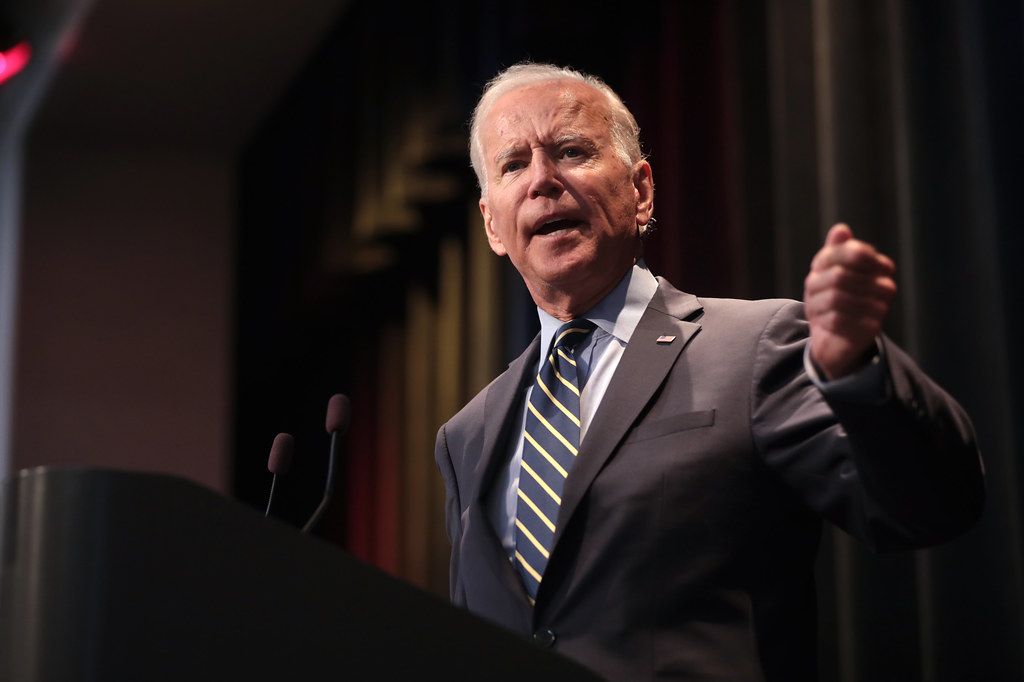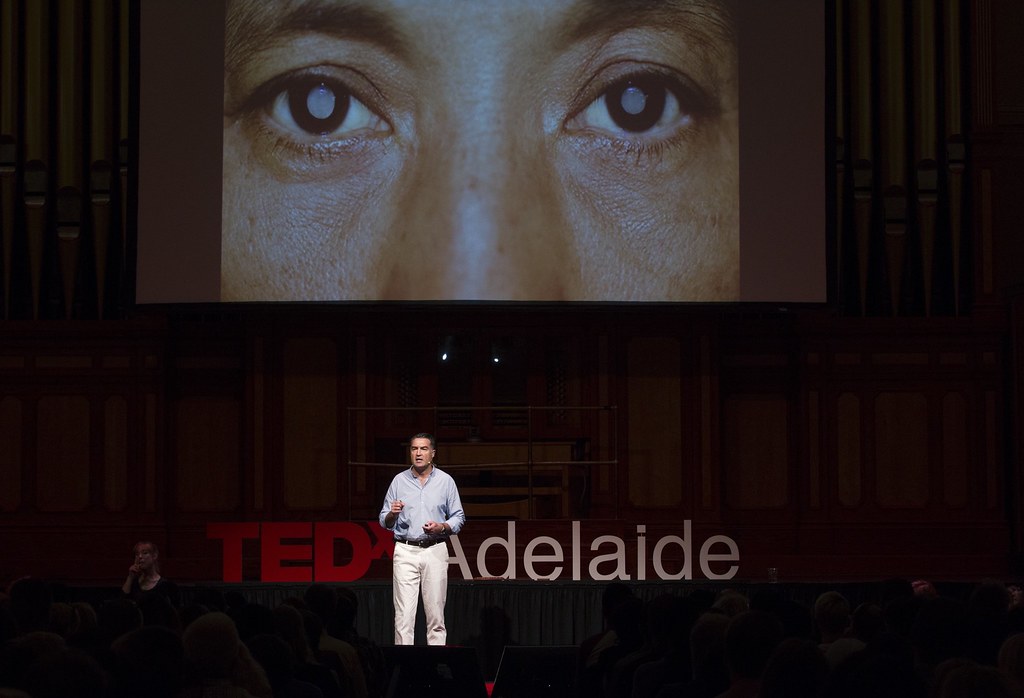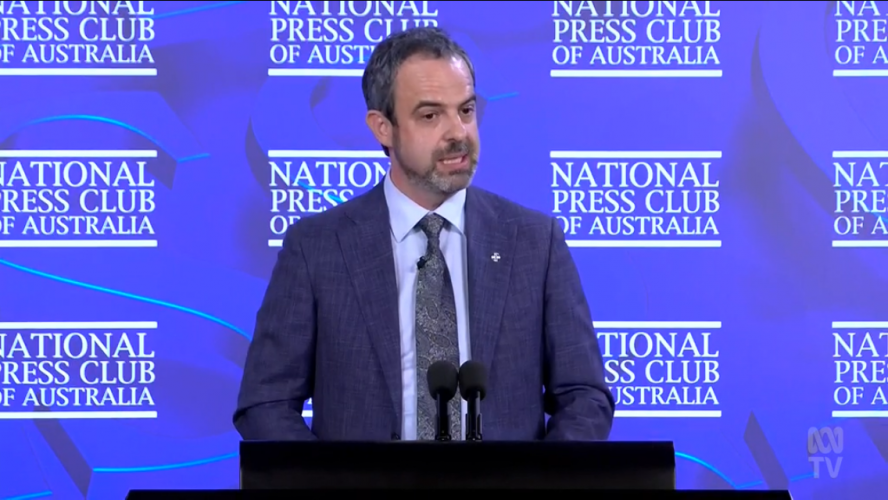
The pandemic has readjusted the realms of possibility for healthcare: diabetes, hepatitis C and HIV could all be subject to massive interventions.
On a global scale not seen since the Second World War and the decades immediately following it, big government has made a comeback this pandemic and healthcare has been at the forefront of intervention.
Emboldened by what’s been achieved when vast amounts of resources were committed towards a single health challenge in COVID-19, in his recent budget US President Joe Biden committed significant funding to eradicate diseases such a hepatitis and HIV/AIDS in the next ten years.
A message we can all welcome, but one that comes with the need for substantial public investment. Had a major world leader made this statement in 2019, it might have been met with derision, but the pandemic has readjusted the realms of possibility for healthcare.
The link between strong public health and economic outcomes is now tangibly clear, which begs the question: is this level of government intervention in healthcare politically popular and something we can expect to see long term?
Dr James Muecke AM, 2020 Australian of the Year, is calling for high levels of government intervention to reduce the impact of metabolic disorders such as type 2 diabetes.
“It’s absolutely vital that Australia does more to make Australia #type2free”, he said.
“Interventions worked for smoking when the health dangers became clear in the ‘60s. Governments worldwide banned advertising of cigarettes, taxed tobacco products and rolled out graphic awareness strategies that made smoking socially unacceptable. As a result, smoking-related diseases and deaths have declined in most countries including Australia.
The eye surgeon, who has been lobbying for a multi-pronged strategy that includes a tax on sugary drinks and better funding for diabetes monitoring technology, says government action is a critical part of the solution.

“The government absolutely needs to act now, and this action involves several layers of strategy: awareness, accountability and assistance.
“We need to see a public campaign that raises awareness of the preventability and reversibility of type 2 diabetes and the life-changing and life-threatening complications of all types of diabetes.
“A campaign that discourages the eating of unhealthy foods such as sugars, refined carbohydrates and ultra-processed products is desperately needed. We also need a paradigm shift in the current low-fat high-carb dietary recommendations which are doing us harm.
“There are widespread and deep-seated predatory sales and marketing tactics for unhealthy edible products that include the targeting of our children and the vulnerable. The businesses and industry bodies that perpetrate these crimes need to be held to account.”
Dr Muecke is not the only high-profile member of the medical community promoting government intervention for preventative measures in healthcare, particularly on sugar.
In an address to the National Press Gallery in Canberra last month, AMA President Dr Omar Khorshid slammed the preventative health agenda in Australia as one of “few wins, many failed attempts and billions in wasted expenditure on hospitalisations that could have been avoided through illness prevention.”
Going on to unveil one of the AMA’s more ambitious policies, a tax on sugary drinks, Dr Khorshid added: “Too often for policy makers, the short-term nature of budget cycles and long-term payoff of prevention come into conflict.
“The tax we propose would raise the retail price of the average supermarket sugary drink by 20 percent.
“This is in line with a recommendation by the World Health Organization, and could, over a 25-year period, result in 16,000 fewer cases of type 2 diabetes, 4,400 fewer cases of heart disease and 1,100 fewer cases of stroke.”

Dr Khorshid began his address with comments about how things have changed, with health now a “key consideration for the Prime Minister, Treasurer and Cabinet.”
The assumption within the industry is an austerity budget is looming for healthcare following the next election and we can expect a shrinking government presence in the sector.
However, Dr Colman Taylor, a health economist and director at Health Technology Analysts, says the pandemic has altered the policy settings for healthcare.
“Historically governments have always funded healthcare with a capped budget and therefore we have not been able to fund every drug, treatment or service available to maximise health outcomes,” he said.
“The same is true of other areas such as transport, where we choose not to fund all measures which would save lives, like preventing pedestrians crossing roads.
“When COVID-19 rolled around, we saw just how much money and freedoms we are willing to sacrifice to save lives and prevent disability.
“Considering spending on healthcare is directly correlated with saving lives and preventing disability, any future disinvestment in healthcare would be completely inconsistent with our current policy settings.”
Planning an advocacy or health PR campaign? Make sure you download our earned media checklist first here.